Amid persistent complaints about luxury brands using exotic leathers, Louis Vuitton just dug in its heels- or rather, its skins. Recently, parent company LVMH inaugurated two new workshops in France specializing in exotic handbag production.
In attendance with LVMH CEO Bernard Arnault, was France’s Finance Minister Bruno Le Maire, who toured the new(ish) factories in Azé and Vendôme. These facilities began production in October 2021 and September 2020, respectively. The global pandemic, however, delayed the official inauguration festivities.
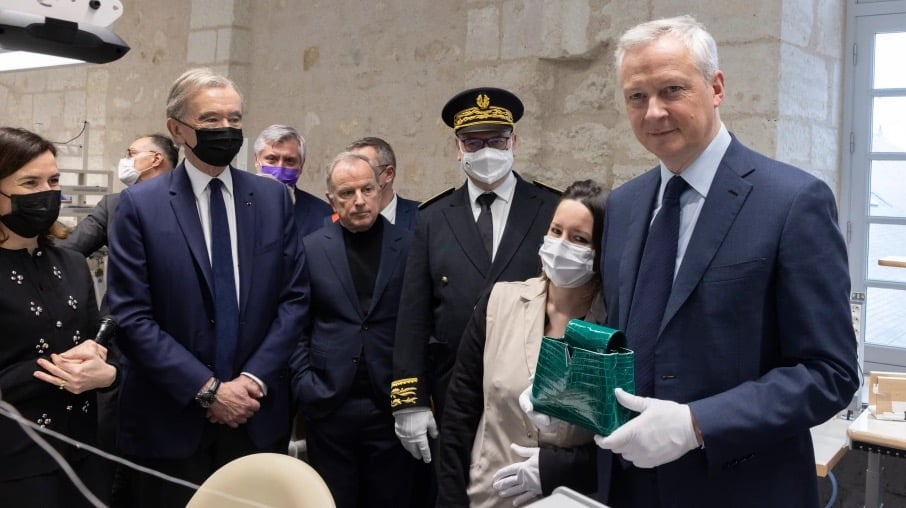
Image Credit: David Atlan/Louis Vuitton
Although viewed as a reiteration of the house’s commitment to exotic skins, officials pitched it as a boon to the French economy. For example, the two sites are gearing up to house over 500 newly trained artisans. Beyond employment, LVMH points to additional business development in the region.
There are also two prior-existing workshops in France specializing in exotics like ostrich, crocodile and python leather. Louis Vuitton Chairman and CEO Michael Burke stated that, unlike rival brand Chanel which stopped using exotic skins in 2018, LVMH instead increased its investment in exotic skins and leathers.
One might ponder how this move will be received by consumers. With the trend toward conscientious and sustainable luxury buying, is Louis Vuitton jumping off the curve?

Vendôme Workshop, Image Credit: Piotr Stoklosa/Louis Vuitton
Animal rights group PETA has been highly critical of the methods used by luxury brands in sourcing exotic animal skins. Recent videos distributed by PETA showed conditions in which crocodiles, lizards and snakes are harvested for their skin on farms in Indonesia and Australia. PETA continues to call for these companies to abandon the use of exotic skins in their products, even staging storefront protests to get the message across.
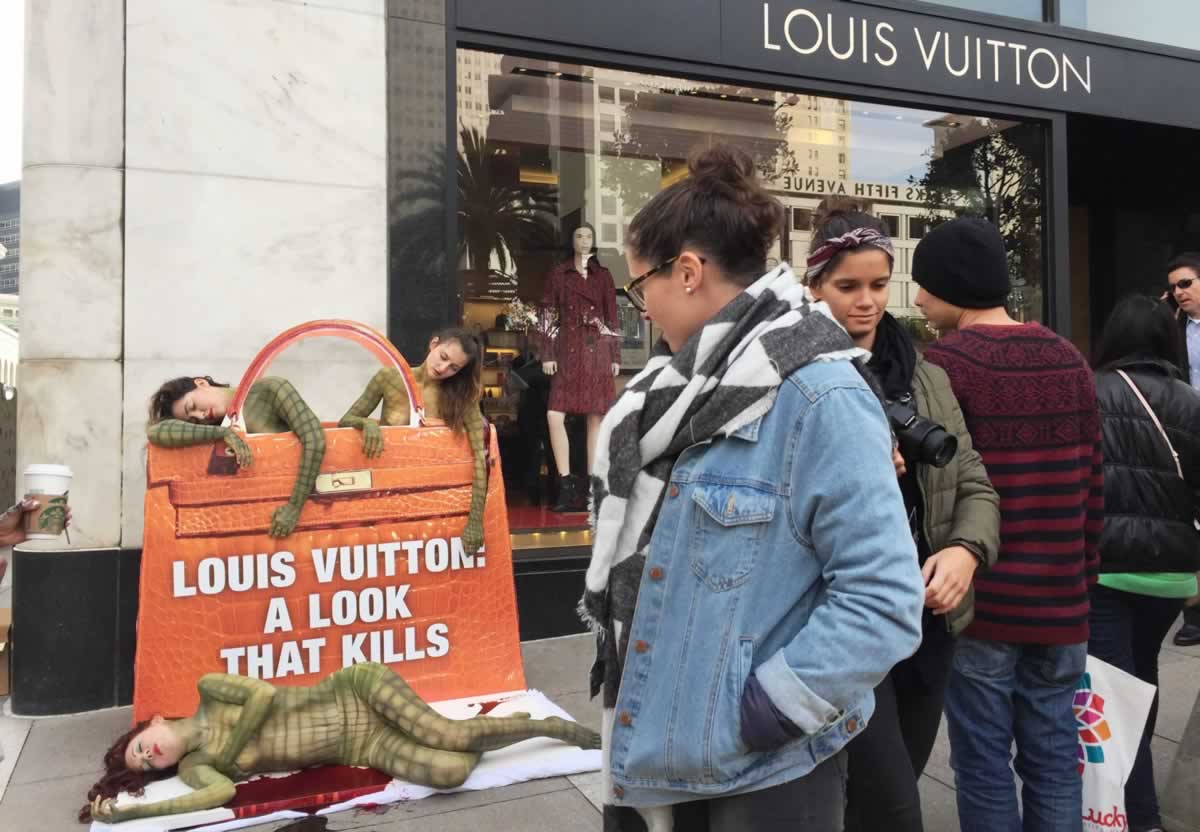
Image Credit: PETA
Luxury conglomerates at the center of this controversy all claim commitment to ethical and sustainable sourcing practices, and that they are taking these allegations very seriously. That includes LVMH’s own 2019 commitment to sustainable farming and ethical sourcing.
However, Vuitton CEO Michael Burke’s unique take caught our attention. When pressed about the issue of exotic skins used in the industry, Burke stated:
“We [Louis Vuitton, LVMH] believe that done in a sustainable fashion, this is an extremely important trade to maintain, because if we don’t maintain this trade, the making of objects in this exotic skin, these animals will disappear.”
Huh? Quite a buzzworthy comment to say the least- and certainly one that is up for discussion.
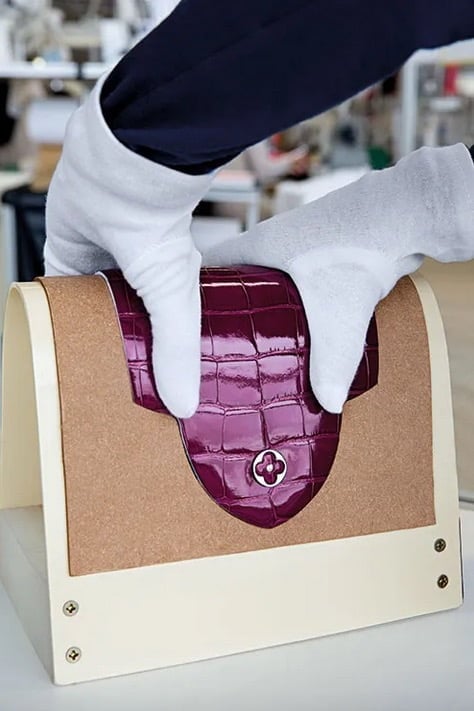
Image Credit: Gerard Uferas/Louis Vuitton
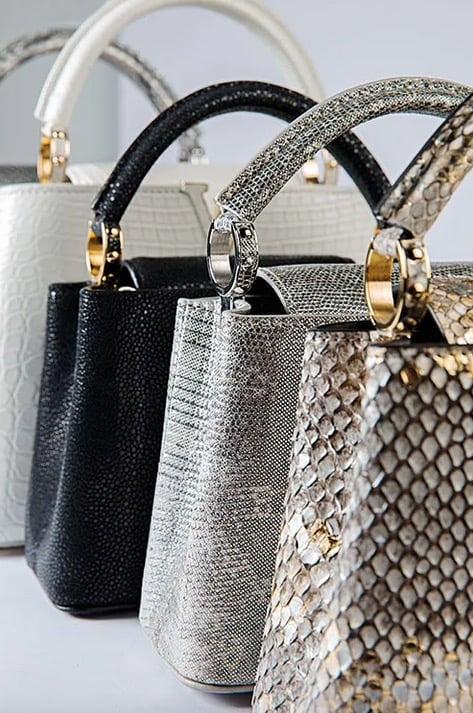
Image Credit: Gerard Uferas/Louis Vuitton
Burke went further adding
“If you do not buy these hides, their habitat becomes much more valuable as real estate development… the only way for that land to remain in its natural state is to have that land have value, and the highest value that this land can have is producing crocodile or alligator eggs, which we then buy for about $50 apiece. And for every 100 we buy, a year later, we have to release 10 one-year-old alligators and crocodiles back into nature, which is what has brought the species back from near extinction.”
Looking at it from that angle, one wonders whether Burke’s argument has some validity. Is the harvesting of crocodile, lizard and snakeskin justified if it means their habitat remains financially viable and lucrative in its natural state?
Put another way, is it better to maintain the species, even if killed for handbags, than allow it to go extinct? Perhaps swampy marshes are kinder to Mother Nature than real estate developments altering the ecosystem.
It’s a creatively clever take on the topic, that’s for sure.
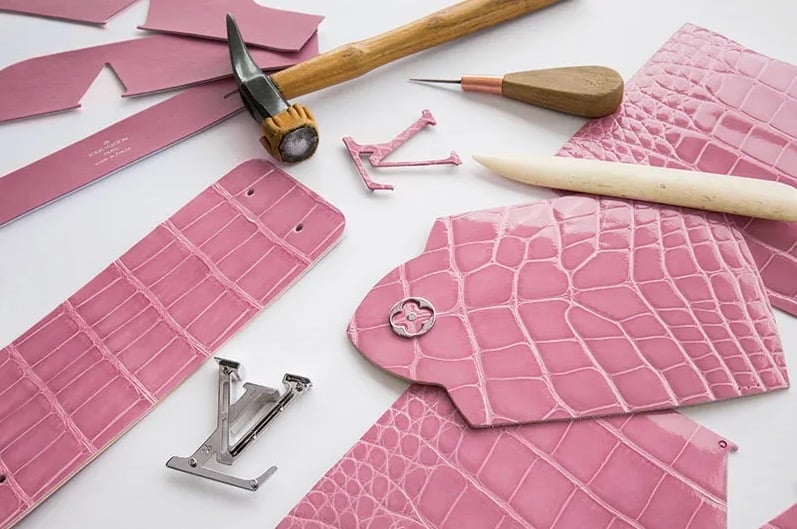
Image Credit: Gerard Uferas/Louis Vuitton
Expanding exotic handbag production is not the only controversy currently facing Louis Vuitton. Just weeks ago, workers at several production facilities staged a walkout in protest of unfair wages and working hours. Vuitton ultimately agreed to reduce weekly working hours by two and provide a 7% salary hike to leather workers.
Whether this is perceived as enough is another question. After all, Louis Vuitton (and other top luxury houses) prospered during the pandemic- particularly in 2021. Other brands perhaps better shared financial success with their artisans. Hermès, for example, in announcing its own “exceptional” results, conferred a €3000 bonus to 18,000 employees.
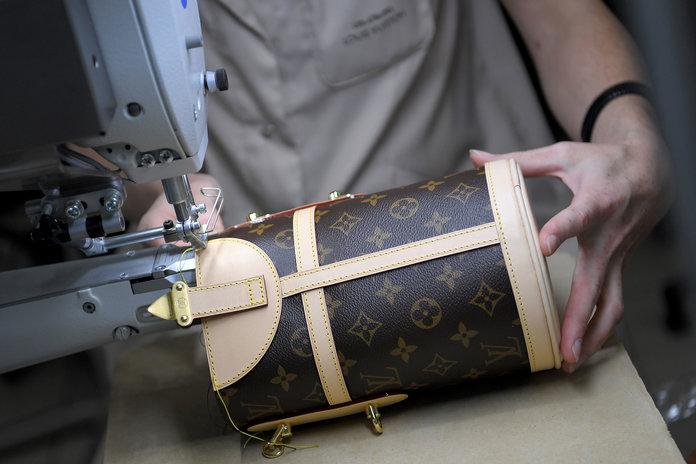
Image Credit: Loic Venance/Getty Images
As LVMH profits soar, and the desire for luxury goods increases, Louis Vuitton appears determined to not just keep making exotics, but expand production. No doubt it believes at least some customers are still keen on these bags (like a Himalayan Crocodilian Capucines, for instance).
At the moment, given its financial prowess, Louis Vuitton looks unstoppable. It is openly displaying its commitment to serving the very people that fed its success- for now, anyway.
And what about the House’s hallmark- coated Monogram canvas? Some suggest fewer are available while more and more styles are offered in leathers and exotics.
Whether this is a true shift in production to a more “haute” direction, or merely a momentary trend, remains to be seen. Only time will tell. Stay tuned…
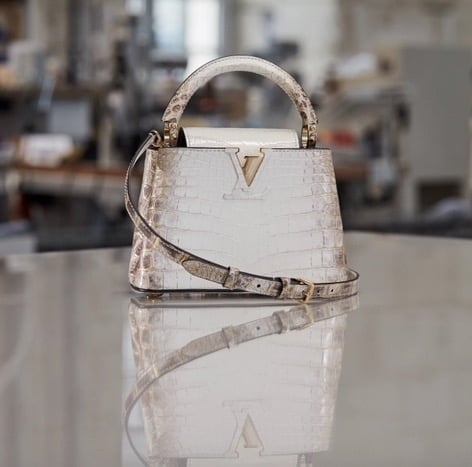
Image Credit: Piotr Stoklosa/Louis Vuitton
What do you think? Do you love and buy exotic leather bags or not? And if you do, is Louis Vuitton on your radar for such a purchase?
Read Related Articles:
Allegations of Animal Cruelty Against LVMH
Louis Vuitton Sets New Guidelines for Exotics
Louis Vuitton Workers Stage Walkout, Demand Better Wages, Hours
It’s Time to Pay Louis Vuitton Exotics More Attention
Where Did All The Canvas Go? An Investigative Report on Louis Vuitton & the Future of Canvas
Love, PurseBop
XO
Updated: March 24th, 2022



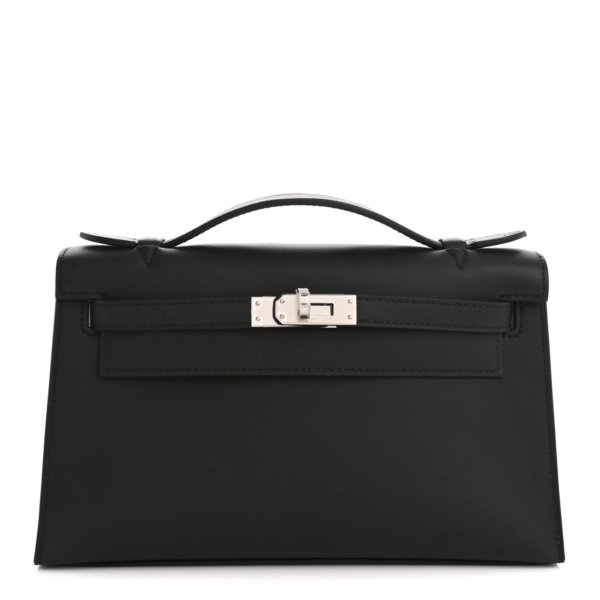
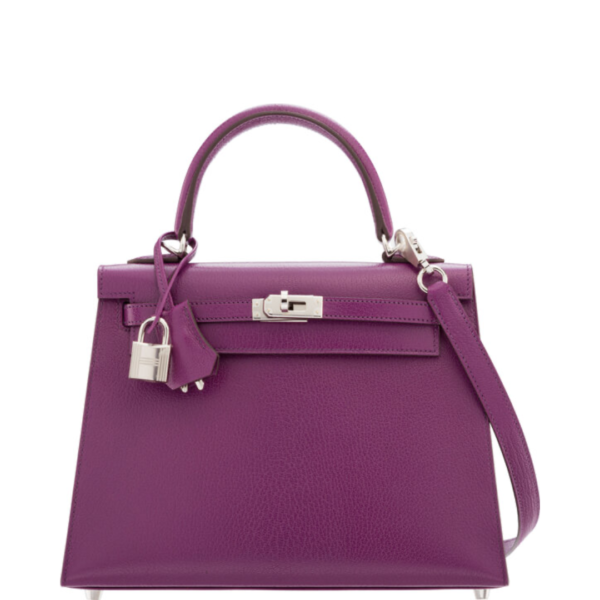
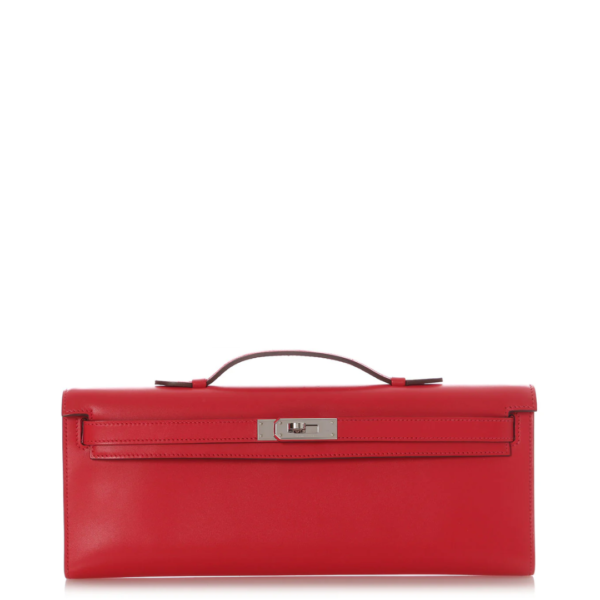
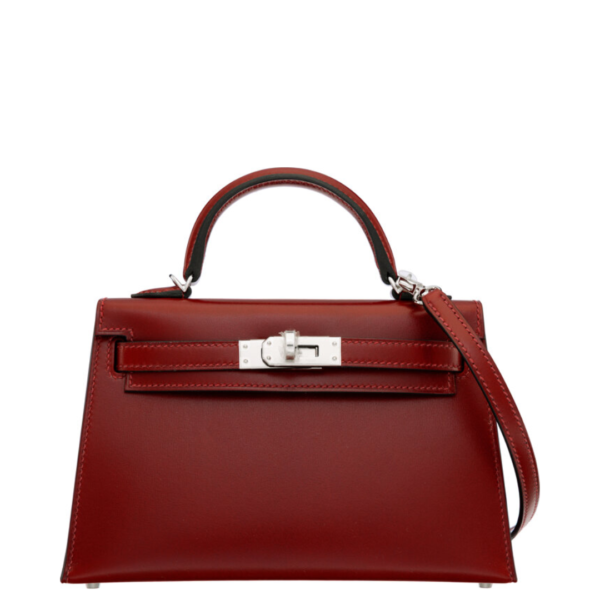
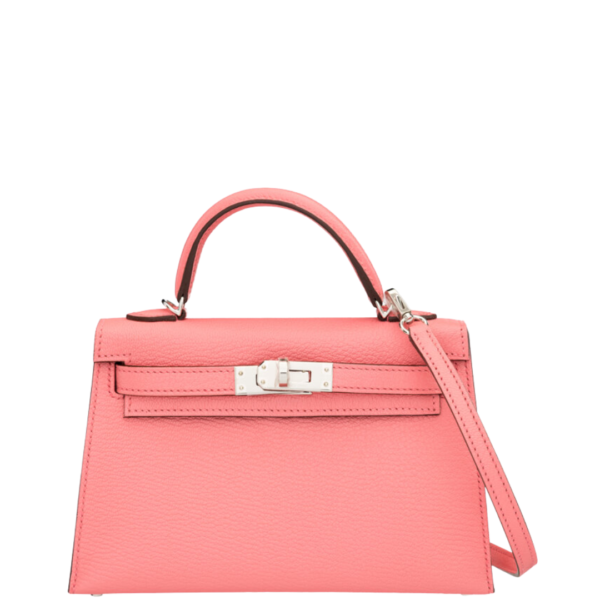
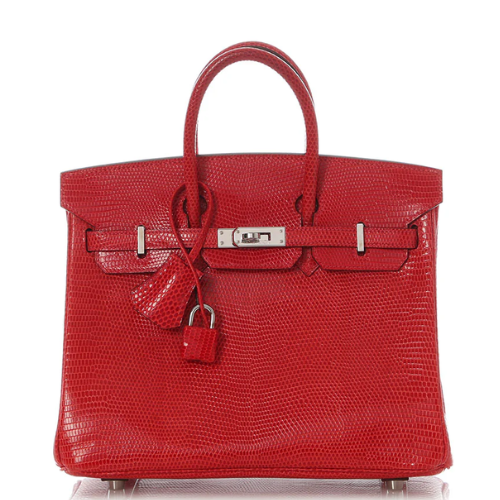
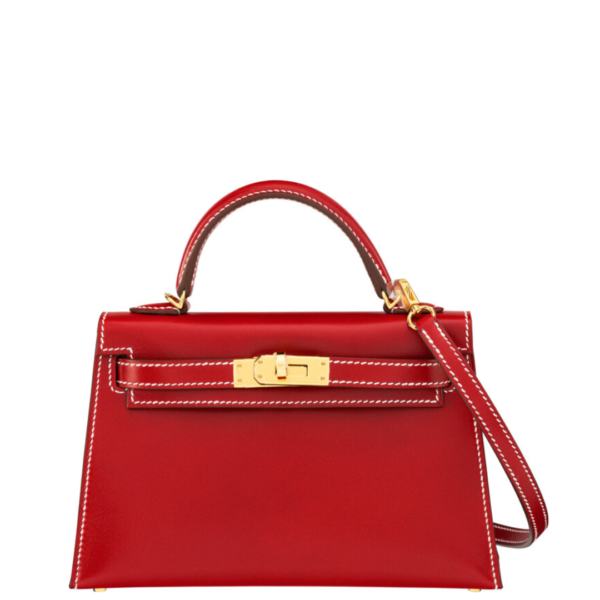
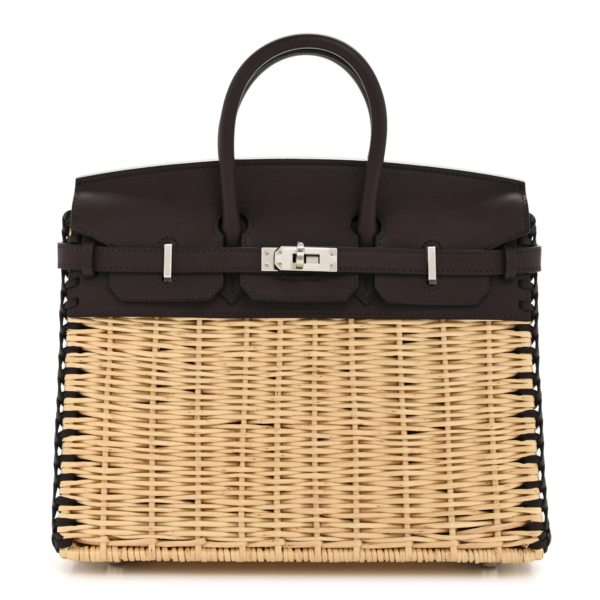
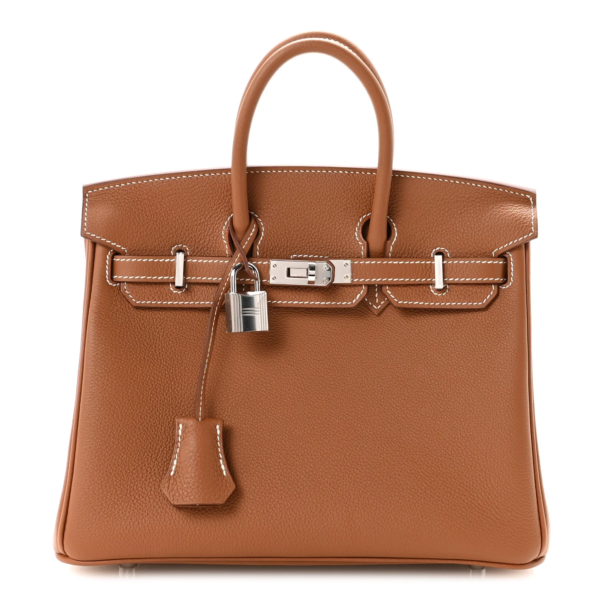
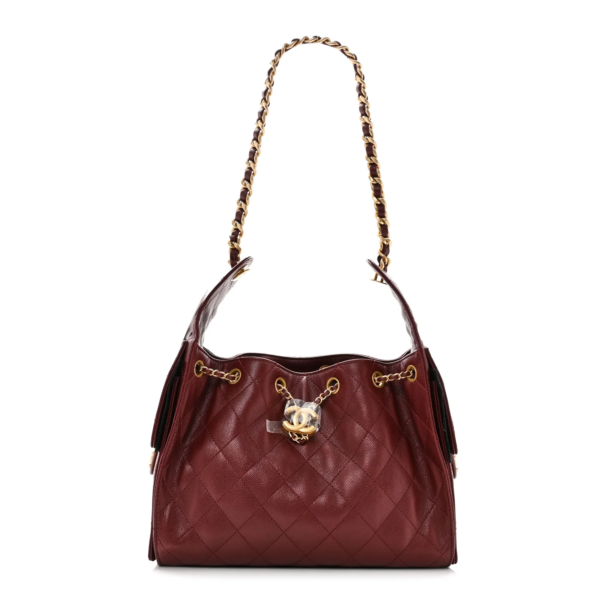
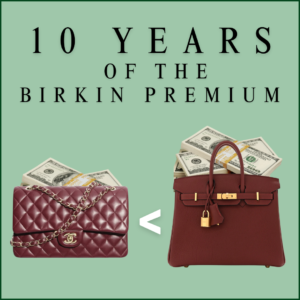
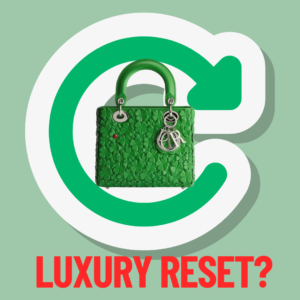
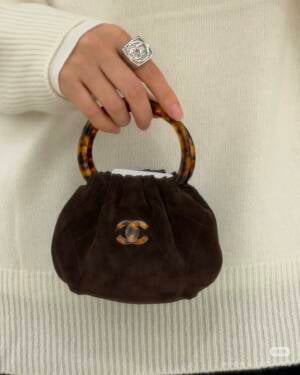
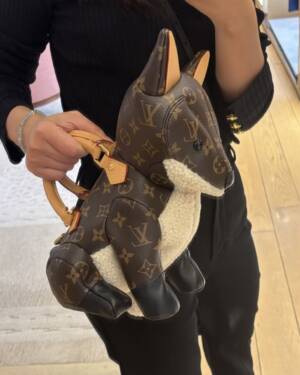
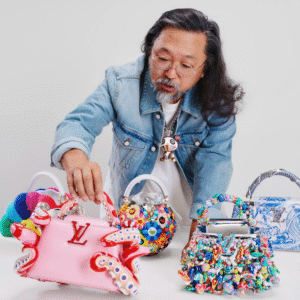
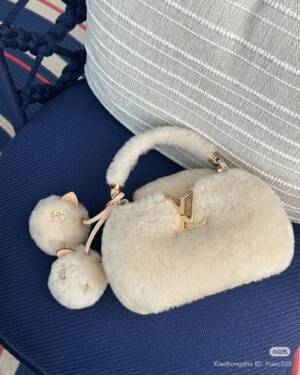



Comments